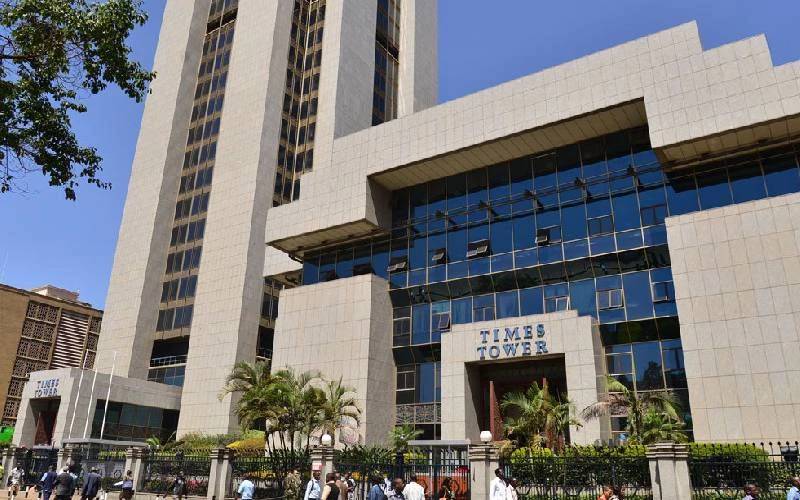×
The Standard e-Paper
Smart Minds Choose Us

In the few legal bouts that the Kenya Revenue Authority (KRA) has had with multinational enterprises on refunds on input tax, the taxman has left the ring with a swollen face.